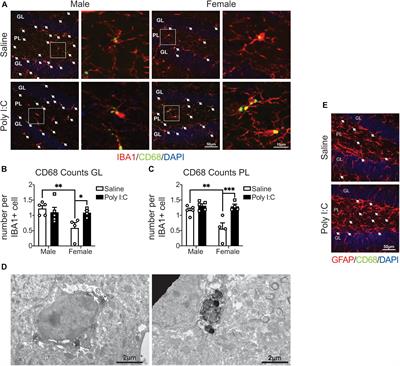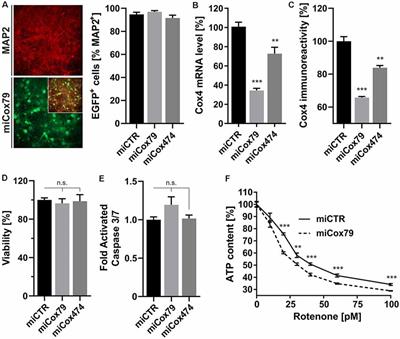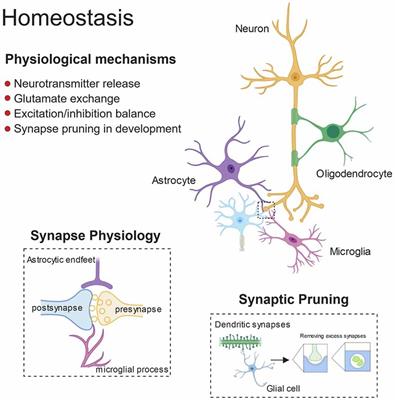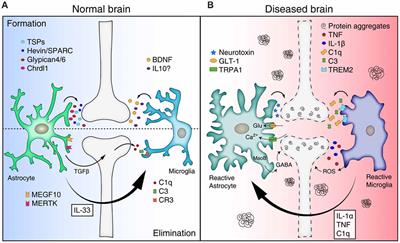EDITORIAL
Published on 21 Apr 2021
Editorial: Synaptic Loss and Neurodegeneration
doi 10.3389/fncel.2021.681029
- 4,349 views
- 7 citations
32k
Total downloads
177k
Total views and downloads
Select the journal/section where you want your idea to be submitted:
EDITORIAL
Published on 21 Apr 2021
REVIEW
Published on 21 Dec 2020

BRIEF RESEARCH REPORT
Published on 15 Oct 2020

ORIGINAL RESEARCH
Published on 24 Mar 2020

REVIEW
Published on 04 Oct 2019

REVIEW
Published on 13 Aug 2019

PERSPECTIVE
Published on 10 Jul 2019

REVIEW
Published on 05 Jun 2019

ORIGINAL RESEARCH
Published on 16 May 2019

REVIEW
Published on 26 Feb 2019

MINI REVIEW
Published on 13 Feb 2019

ORIGINAL RESEARCH
Published on 24 Dec 2018

